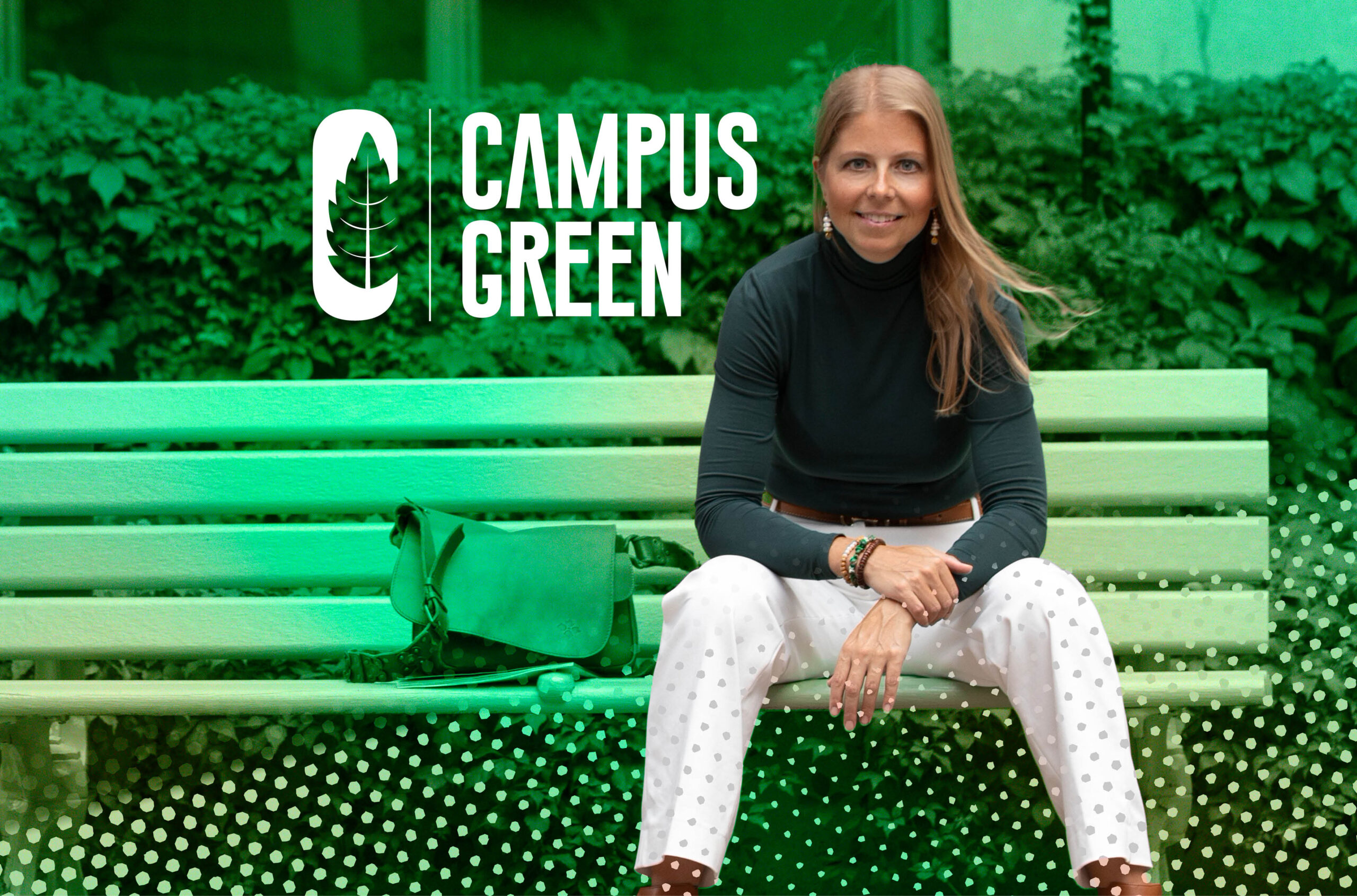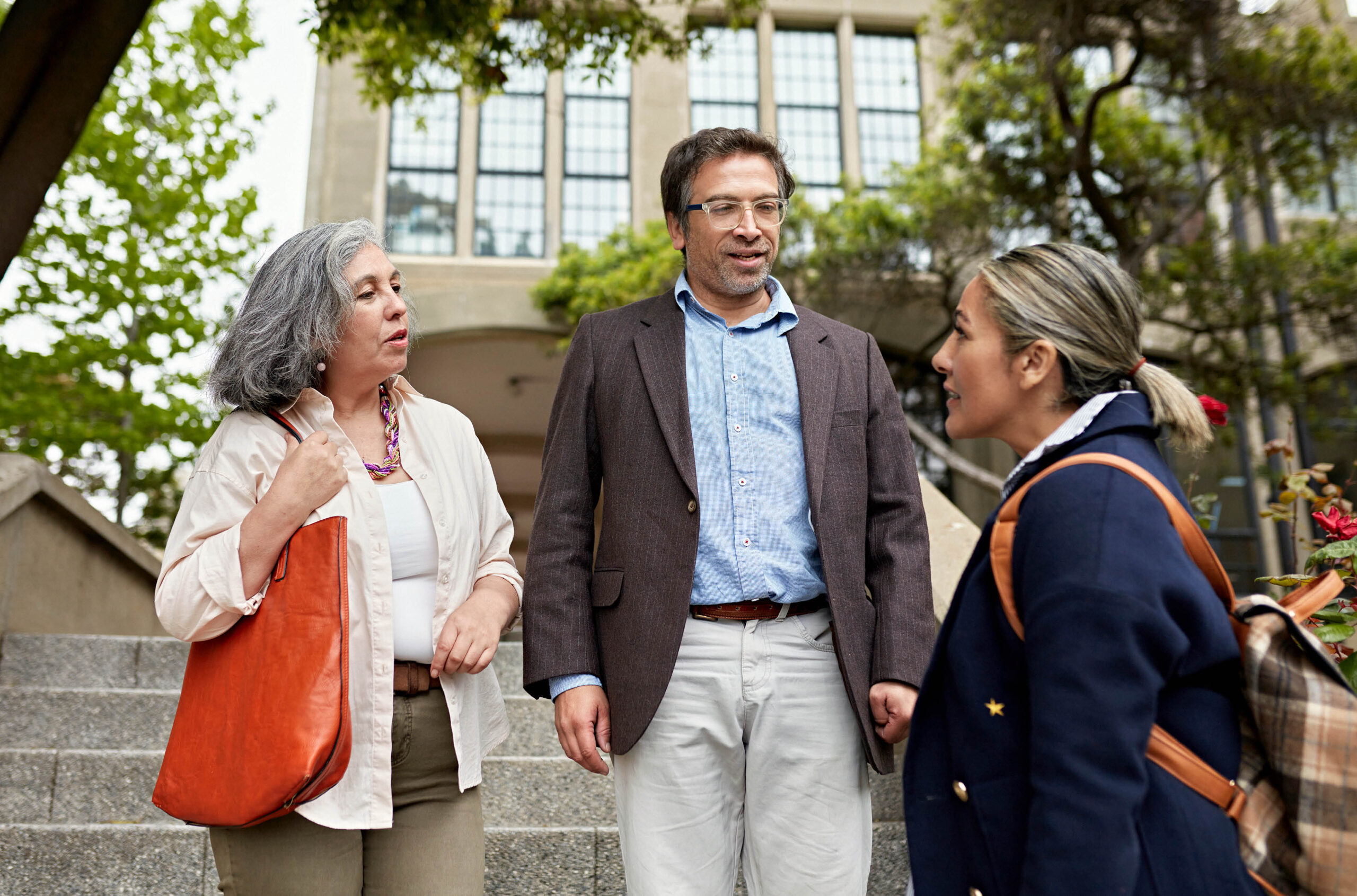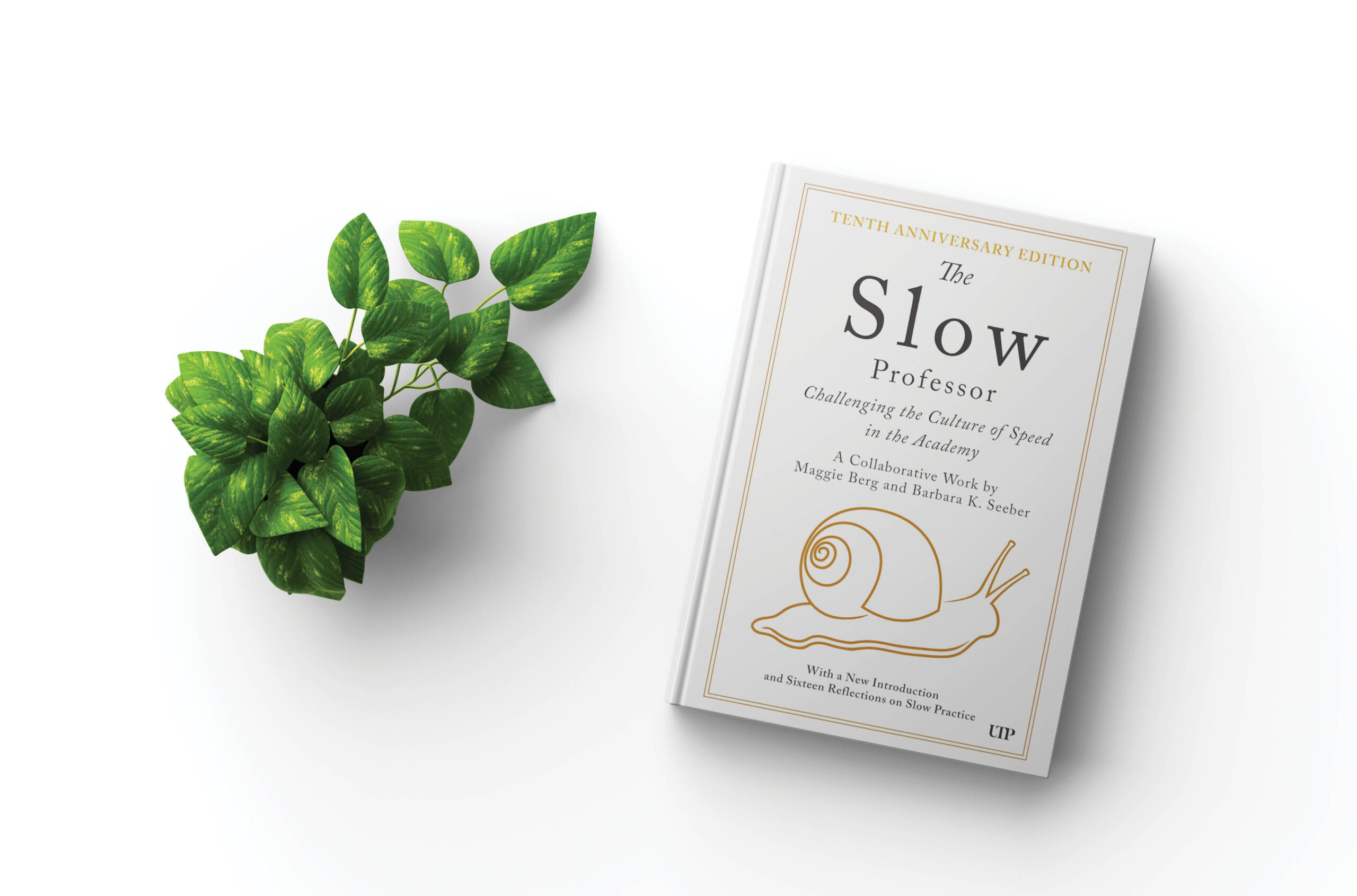SoTL: the party that no one really wants to go to
Why does the scholarship of teaching and learning remain a hard sell to faculty?

I sometimes imagine the scholarship of teaching and learning, or SoTL, as a party. And if it were a party, it’d be a good one: a little bit quirky and on the fringes (yes, still), held in a warehouse somewhere down by the docks. Most need an invitation and good directions to get there, but once they find it they’re rewarded, and so are their guests.
Ernest Boyer is there, just over by the turntables, surveying the room, fist-pumping to the music. Also in attendance are a whole lot of faculty developers – at a guess, the ratio of faculty developers to actual SoTL practitioners is five to one, or maybe even 10 to one. It’s an awkward ratio, and I’ve often wondered about this disproportionate number of faculty developers sweating it out to encourage faculty members to take up SoTL. Why exactly are we working this hard to drum up interest in this cool hipster party? Does it not speak for itself yet? And, if not, how much longer will it take?
Despite the continued support of conferences and journals devoted to the discipline, SoTL still “lurks at the periphery of university life and discourse,” according to the University of British Columbia’s Roger Boshier, writing in 2009. More recently, Janice Miller-Young at the University of Alberta and colleagues Michelle Yeo and Karen Manarin at Mount Royal University find that there are a number of challenges to engaging in SoTL, and that faculty developers must identify and understand these challenges if they are to support this work.
The challenges
This is where I am, trying to figure out what these challenges are. Drs. Miller-Young, Yeo and Manarin, like myself, are situated at a teaching-focused university and have identified discomfort with subjectivity, interdisciplinarity and a shifting sense of identity as some of the challenges. Understanding these challenges is helpful for faculty developers like me aiming to support this work; however, their study is contextualized within an established SoTL program. Their faculty have arrived at the party. My challenge is how to get faculty there in the first place.
I’m at the party, quietly tucked away at the back, observing. I’m here as a faculty developer, but also as a SoTL practitioner. I once investigated the impact of redesigning an undergraduate course on human diversity that was comprised predominantly of white, middle-class 20-somethings. What would happen if we left the confines of the classroom and partnered with the local community? Driven by inquiry and reflection, I wanted to investigate and write about my process, about what happened.
But that’s another article that you can read somewhere else. The point is that the whole experience had an impact on me, and when I landed a job as an educational developer I wanted to seek out something similar.
I’ve worked at the teaching and learning centre at a teaching-focused university for five years now, and interest in SoTL has been sluggish. That’s not to say it isn’t being done here – it is, by a relatively small group of faculty members engaged in this type of research. Those party-goers don’t need our help; they got to the party by themselves – or perhaps they’re throwing their own parties. But beyond that small group of people, few are knocking on our SoTL door. Why not?
Is it because we’re a teaching university, and support and incentive for researching anything, let alone one’s teaching, is still vague and unclear to most? And yet a teaching university seems like the place to take this up. When SoTL fails to take off at research universities, we can fall back on the old argument that “this sort of research isn’t really valued in departments.” It’s a dumb argument, but it gets traction. But at a teaching university?
I suppose we then fall back on the argument that “research is ambiguously defined here and not entirely funded and I’m not sure I want to do damage to my sanity by doing this on the side.” This is a good argument. I support it.
Researching our teaching
But herein lies a great counter-intuitive state of affairs, and it’s troublesome for teaching-focused universities. We teach, that’s our focus. Research? Well, sort of, but not really. Research our teaching? Interesting.
Shouldn’t we, the scholarly teachers, be investigating our teaching practice and then contributing to the literature on postsecondary teaching? But, on the other hand, we’re way too busy and underfunded for that. So be careful there, that’s not what we do. And yet, it is what we do. So yeah, do it. But then again, don’t.
Faculty at my institution, and I imagine at other teaching-focused universities, are intensely committed to teaching. It’s one of our many strengths. But faculty are also marking, and connecting with students, and going to meetings and sitting on committees, and living lives beyond the academy. It’s hard to know if they are interested in the party and just don’t know how to get there, or are they staying in tonight, resting, because they are spread thin enough already and just need a night on the couch?
Momentum is growing in the literature regarding mental-health issues in higher education and we are being cautioned more and more to slow down. Does SoTL, like the hunt for that elusive backdoor party, just ramp it up even more for faculty teetering on that precarious line between productivity and madness?
How then do we encourage faculty, especially at teaching-focused universities, to take up SoTL and come dance alongside us? How long do we keep at it, handing out flyers and enthusiastically spreading the good news about a movement that was supposed to start in 1990? What is the secret incentive that I’m missing here? What can teaching-focused institutions and their administrations do to support their faculty and, ultimately, get them to the party – and home – safely?
Kathleen Bortolin is a curriculum, teaching and learning specialist at the Centre for Innovation and Excellence in Learning at Vancouver Island University.
Featured Jobs
- Soil Physics - Assistant ProfessorUniversity of Saskatchewan
- Sociology - Tenure-Track Position (Crime and Community)Brandon University
- Engineering - Assistant or Associate Professor (Robotics & AI)University of Alberta
- Finance - Faculty PositionUniversity of Alberta
- Medicine - Associate or Full Professor (Kidney Health)Université de Montréal














Post a comment
University Affairs moderates all comments according to the following guidelines. If approved, comments generally appear within one business day. We may republish particularly insightful remarks in our print edition or elsewhere.
9 Comments
Exactly! Also, some lack the understanding of the value of SoTL . Many older timers have never taken an opportunity to even assess their course objectives and learning outcomes (a great introduction I think). I have been shocked at the relative number of faculty who assume that if it is in your syllabus and you have ‘taught’ it students have ‘learned’ it!
A culture of SoTL takes a long time to build. Add the lack of valuing/understanding the stuff to the intensity of a teaching load, with no flexibility to trade out a portion of teaching for scholarship time, and all you are left with are the devotees who can’t stop themselves from assessing everything’ they can get their hands on!
We are a dedicated small group. What would help are some rolling models of flex time where a member of a department could apply for a 1/3 course reduction for, say, 2 years to pursue grants and or just begin research in TL. Some of that could include a bit to travel to a meeting and present some institutional initiative, networking, getting the name out into the community of practitioner. Unfortunately, without these sorts of changes, the life of a Professor at a teaching focused College, more so as they are more financially strapped, is one that only the craziest of the bunch, or those looking to promote themselves into something in SoTL:) , would work that much harder for no gain in time or money.
Great questions!
Faculty lament student engagement, educational developers lament faculty engagement.
I wonder if there is a connection…. pride and ego?
Engagement in either a course or in SoTL would likely require the participant to behave in a way that would demonstrate acceptance with ‘not knowing’. That’s risky!, especially if you are being paid a lot of money to do the thing about which you are admitting not knowing.
During a study that I conducted on the effectiveness of a teaching intervention, a student once commented: I find it strange that Dr Jacobs is doing research on this. She should already know how to teach.
Should I? And by doing research on my teaching practice, am I admitting that I don’t know?
Engagement is risky for both students and faculty.
One of the challenges in trying to convince faculty to engage in the scholarship of teaching and learning is that many of them recognize that they are not in fact trained to do so. Much of SoTL quite understandably draws on fields, like psychology, that require a particular methodological skill-set that many faculty don’t have. To survey credibly, you need certain skills; to interpret data you need others; to conduct legitimate interviews you need still more. Scholars who take research methods seriously in their own fields will often, again quite understandably, consider themselves to be lacking the necessary expertise to investigate the SoTL questions that might well interest them. Others will improvise, and the results (as I’ve seen too often as a peer reviewer for SoTL projects) will too often fail to meet the justifiably rigorous standards of peer review.
A lot of good work has been done on the SoTL, and we know much more about effective teaching than we did 20 years ago. Nevertheless, as a faculty member at a research-intensive, primarily undergraduate institution, I have always been somewhat mystified at the idea that I might become a scholar of teaching.
As mentioned in this article, there are of course issues of time and priorities: I am expected to teach, yes, but I am also expected to compete successfully for NSERC grants against my peers at other universities, so much as I try to be creative and engaging in the classroom, my time to innovate there – let alone study what I do as a research topic – is limited.
But more fundamentally, the whole idea that I, a biochemist, am somehow qualified to carry out research on teaching and learning strikes me as dismissive of departments of education, educational psychologists, and all of the actual scholars of teaching and learning out there. Are we suggesting that there is not actually any scholarship in SoTL? That simply by having stood in front of numerous classrooms of students and “taught” I am somehow qualified to carry out research in this area?
On top of that, SoTL (at my institution anyway) often seems to be pushed on colleagues whose own research is not going well, again suggesting that teaching and learning research is somehow easier or less serious than other kinds of research. Can we imagine that someone struggling with their research in Education would be advised to carry out biochemical research on the side?
When I throw an SoB (scholarship of biochemistry) party, I am happy for anyone to attend, but I would be surprised to see them there if they didn’t have some serious disciplinary dance moves.
Perhaps SoTL practitioners are at other parties: feminist studies, post colonial studies, Indigenous studies, and the several disciplines.
I agree with Adam and Stephen: one of my reasons for not publishing SoTL is that I feel that I lack certain methodological abilities that appear to be at the heart of a lot of the SoTL with which I’m familiar. A second issue for me is that I am often unsure what issues would be useful to investigate. As a journal editor in my own discipline, I do not want case studies alone; I want articles that push the discipline forward by offering new insights. But as a teacher with a fairly rudimentary knowledge of SoTL and other forms of educational literature, I don’t know what I could offer the field beyond a case study. And I figure (rightly or wrongly) that the issues I’m interested in have either been researched before, or would be more competently researched by someone else. One time when I submitted a paper for publication in a teaching conference proceedings, I was somewhat overwhelmed by the number of issues and questions flagged by a peer reviewer; I did respond and publish the paper, but I’ve been wary of trying to publish anything else. It was clear that I really did not have a solid grasp of the field and relevant literature. Finally, we cannot publish SoTL if we don’t see it for ourselves — and issues of time, money, and my passion for my own discipline means that I tend to go to disciplinary conferences, read disciplinary research, and publish in disciplinary journals. One potential solution to this is to encourage more integration of SoTL into disciplinary conferences and journals. I am currently proposing a professional development workshop to a disciplinary conference that will be organized around developing short teaching-related articles for an open-access, peer-reviewed teaching journal in my discipline. I don’t know if this is a good solution, and we’ll see what happens. Another solution is to encourage faculty to take on lower-stakes activities as an entry point and as a way to build confidence and knowledge, such as writing a blog post about teaching.
Excellent contribution to an important discussion, and one that is increasingly urgent as teaching-stream roles are created in research universities and SoTL is defined as a factor in hiring and promotion, even while there is little institutional or administrative support.
I found working on a study of peer review practices among my students almost overwhelmingly challenging. The ethics approval process was protracted; the financial support was miniscule; and I had no release time from a 4/4 teaching load plus heavy service and administrative duties. In this context, research becomes a desired add-on that, as Brenna Clarke Gray has written about in the college system, is completed off the side of a faculty member’s desk: appreciated and even lauded by the institution, but unsustainable.
I took up SoTL twenty years ago as a professor in a NZ university that prioritises research and teaching. It’s not been my main focus, but it has been an enjoyable and rewarding part of a wider research portfolio. Why? Two reasons. First, it’s been possible to work with different groups of colleagues on campus, but especially nationally and internationally. Second, our then Vice chancellor made it clear that this was something he valued that he wanted to see people engage with. So a lead from above is critical in my view: we value SoTL therefore let’s do it.
I’m late to the conversation here, but the points raised resonate with me. The issue that is keeping people from getting to the SoTL party is time, energy and support. As the author and many comments indicate, faculty are already overworked whether they work at a teaching or research intensive post-secondary institution. Until there is a serious rebalancing of workload that truly equates teaching and research, SoTL will always be difficult for those whose institutions prioritize disciplinary research at the expense of teaching and those that prioritize teaching at the expense of research. Institutional support in the form of SoTL grants, teaching, research or service release, and SoTL scholars available and willing to guide others’ SoTL efforts is necessary. One comment here that I think is particularly useful was the advice to start small. Start with a blog post. Volunteer your class as a subject for someone else’s SoTL project. Be opportunistic about SoTL conferences. Plan a teaching/SoTL session at your disciplinary conference. One of the things I have found is that once you poke your head around the door into the SoTL party, those already there are incredibly welcoming and only too willing to find you a dance partner.